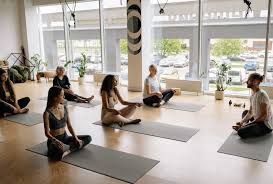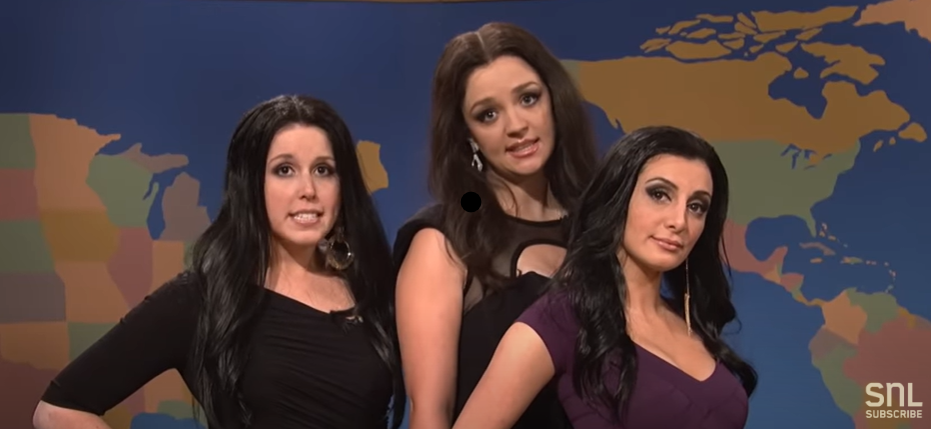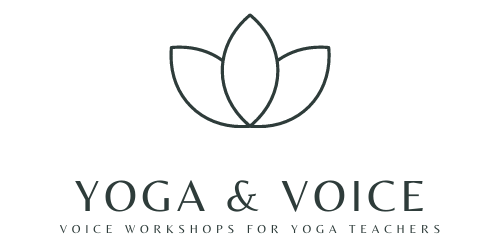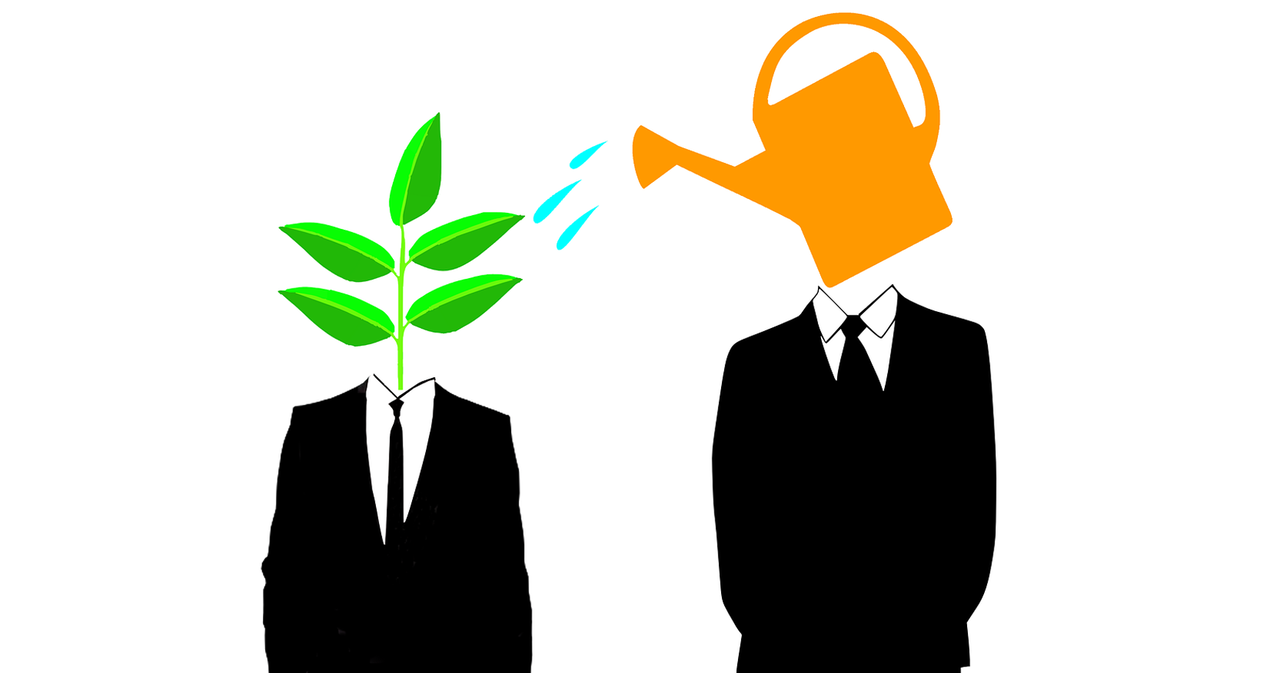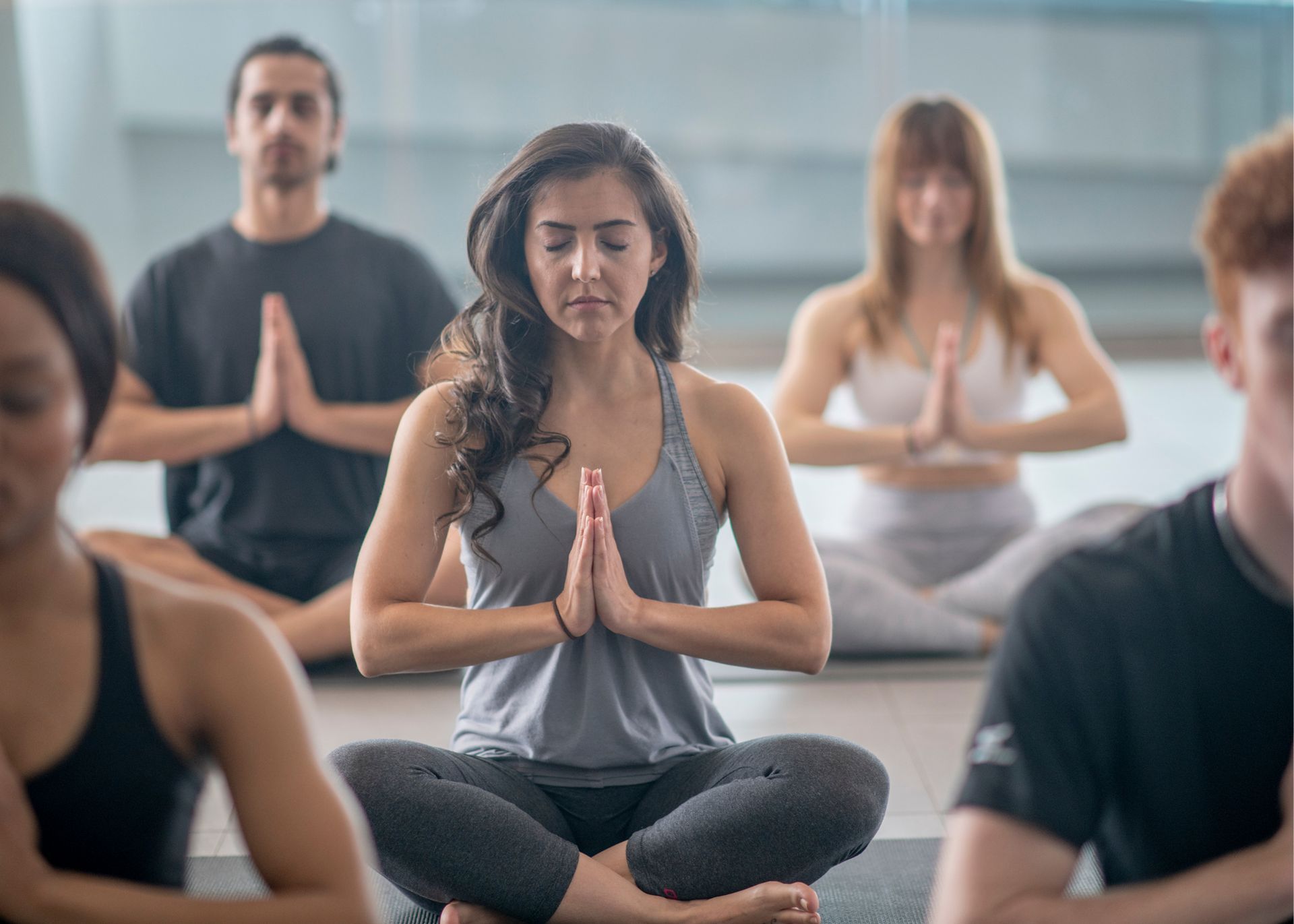How Important is Vocal Awareness in Yoga Teaching?
If you’ve followed this blog or my pages on social media, you’re going to guess that my answer to this titular question is “Pretty Darned Important.”
My life’s work is about speaking well; I’ve enjoyed a pretty large career as a telephony-focused voice talent, and the clarity and accuracy of the way I approach my vocal work has allowed me to have a great career with legacy clients and a huge feeling of satisfaction.
This side-business I have of vocal coaching allows me to combine passions – yoga and speech – and enables me to raise awareness amongst speakers in general about the importance of having an awareness of what your voice is doing and how it impacts others.
In traditional yoga teacher training, there’s usually some coverage of using the correct phraseology – and what terms and words should be avoided (how many ways can you say “rear end” without saying “bum”...?) – but very little emphasis is placed on *how* to speak to a class of yoga students.
That’s always struck me as strange because it’s not a visual medium. Unless you’re demoing a pose, your students are not *looking* at you. They’re *listening* to you. Your voice is the main conduit for information from you to your students.
And if there is anything even remotely “off” about your voice – be it the overuse of a word or set of words, small speech “tics” which have worked its way into your speech, or even issues with your actual “tone” – this can cause a myriad of issue for your students, specifically:
Distance and Disconnection
I’ve always thought that the “perfect” yoga teacher’s voice is a whisper – not literal – but a small, personal commentary that is situated behind my left ear, and guides me through the poses in a somewhat “subliminal” way. In the best classes, I’m not even aware that someone’s talking to me. Instead, they’re guiding me. I feel very connected to the instructor through that experience. What causes a distance is when their speech gets in the way. It becomes a distraction; an obstacle.
Less Intense Practice
You know that deep place we go when we practice? It’s definitely less deep and less intense if we’re busy counting how many times the teachers said “Um”. Or couldn’t think of anything except how many times the instructor said: “OK, guys.” Or that they may have ended every sentence with a question sound, making it sound as though they don’t really trust what they, themselves, are saying. Vocal affectations can lessen our experience on the mat -- and that’s a pretty big “miss”.
If you are running or spearheading any kind of Yoga Teacher Training, think about ways in which to integrate speech awareness into your offerings. Speech is an essential tool for yoga teacher trainees to cultivate and hone – and the sooner they start giving awareness to the vocal scape they create, the more ingrained it will be.




